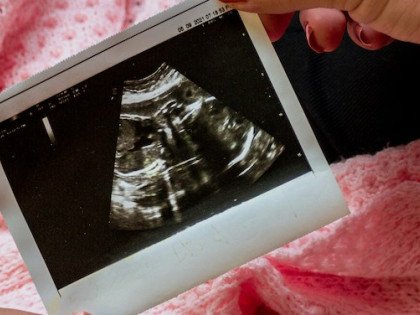“As health officials struggle to understand the increasing number of serious lung disease, a new experimental study using mice may provide some clues about what is going on. Matthew Madison and his colleagues published ‘Electronic cigarettes disrupt lung lipid homeostasis and innate immunity independent of nicotine’ in Journal of Clinical Investigation,” writes Glantz.
A further comment in his piece will raise many eyebrows (especially in light of yesterday’s article covering the FDA’s statement that the cause is related to THC products): “All this information points to the idea that the spate of cases that are drawing attention are not just due to some contaminant in the e-cigs, but rather are fundamental to the product itself.”
The research studied mice placed into a smoke or vape-filled environment for four months. The mice were then extracted and investigated. They found that the mice exposed to cigarette smoke had developed emphysema. They claim the mice stuck in vape-filled boxes developed fat-clogged lung cells.
“This will be helpful to doctors who are consulted by mice thinking of moving into a cage full of smoke or vapour for the rest of their lives” - Professor John Britton
The second part of the experiment involved exposing the surviving mice to influenza. They say that the vape mice were unable to handle the infection and suffered an increased severity.
Professor Jonathan Grigg, Professor of Paediatric Respiratory and Environmental Medicine, Queen Mary University of London (QMUL), commented: “These data are compatible with our published study (in the European Respiratory Journal) which showed that e cigarette vapour increases the adhesion of bacteria to human airway cells. Public Health England should now urgently consider that this presents a credible link between vaping and vulnerability to infection.”
It may sound bad, but clarity was provided by Professor John Britton, Director of the UK Centre for Tobacco & Alcohol Studies at the University of Nottingham. He said: “This will be helpful to doctors who are consulted by mice thinking of moving into a cage full of smoke or vapour for the rest of their lives. Lungs are delicate organs, and long-term inhalation of anything other than clean air is likely to cause damage, but the relevance of damage to mouse lungs to human health is far from clear.”
In associated matters, another mouse study is being used to argue that vaping causes fertility problems and underweight babies, a finding running contrary to the real-life UK studies we’ve covered on POTV. You can find out more by visiting Clive Bates’ Twitter feed [link].
Related:
- PG/VG in ecigs tied to lung damage in well-done experiment, Stanton Glantz – [link]
- Electronic cigarettes disrupt lung lipid homeostasis and innate immunity independent of nicotine – [link]
Dave Cross
Journalist at POTVDave is a freelance writer; with articles on music, motorbikes, football, pop-science, vaping and tobacco harm reduction in Sounds, Melody Maker, UBG, AWoL, Bike, When Saturday Comes, Vape News Magazine, and syndicated across the Johnston Press group. He was published in an anthology of “Greatest Football Writing”, but still believes this was a mistake. Dave contributes sketches to comedy shows and used to co-host a radio sketch show. He’s worked with numerous start-ups to develop content for their websites.
Join the discussion
Expert Reaction to Pregnancy Study
Experts have reacted to the QML study of impacts of vaping in pregnancy and comparison with smoking
Study: Vapes Help Pregnant Quitters
A new study from Queen Mary University of London finds that vapes help pregnant smokers quit and pose no risk of poor pregnancy outcomes
IBVTA responds to UCL study
The Independent British Vape Trade Association has responded to University College London research and said the findings show the Government’s smoke-free ambition is stalling
Cochrane Review Echoes Swedish Success
The Cochrane Review echoes the Swedish approach, finding less harmful alternatives like vaping are superior to other quit methods, says Smoke Free Sweden






-listing400.jpg)




